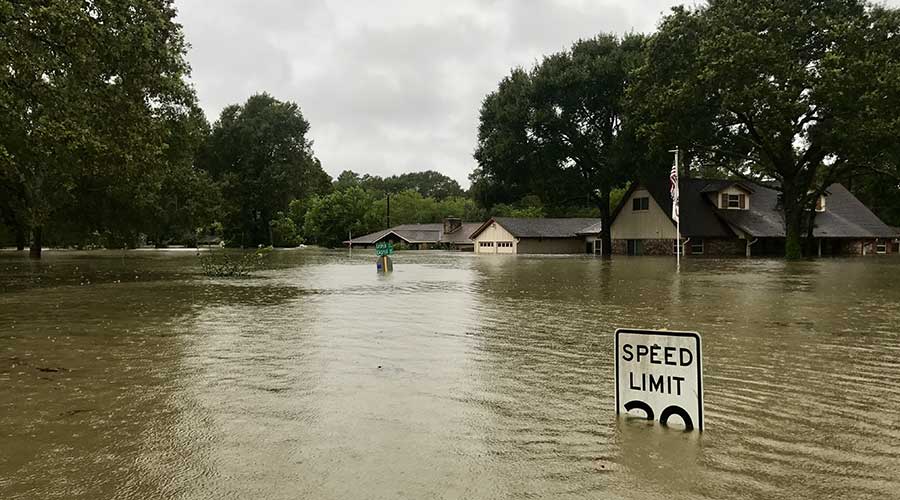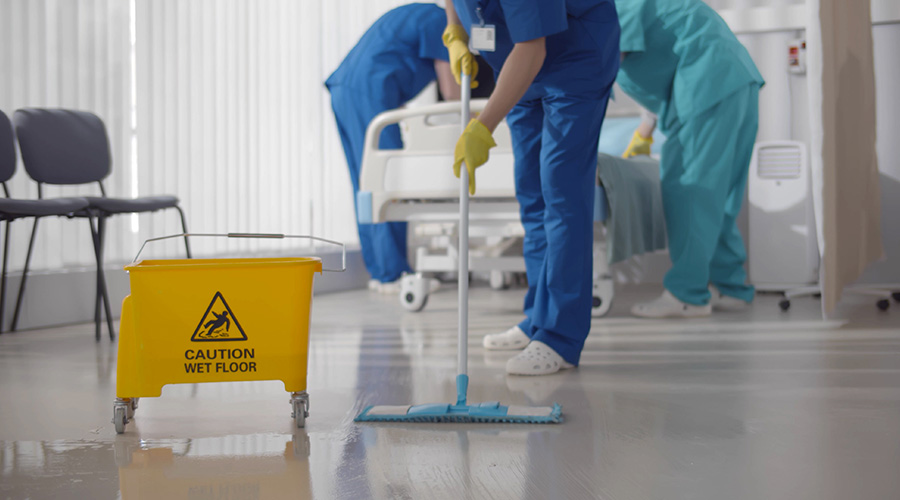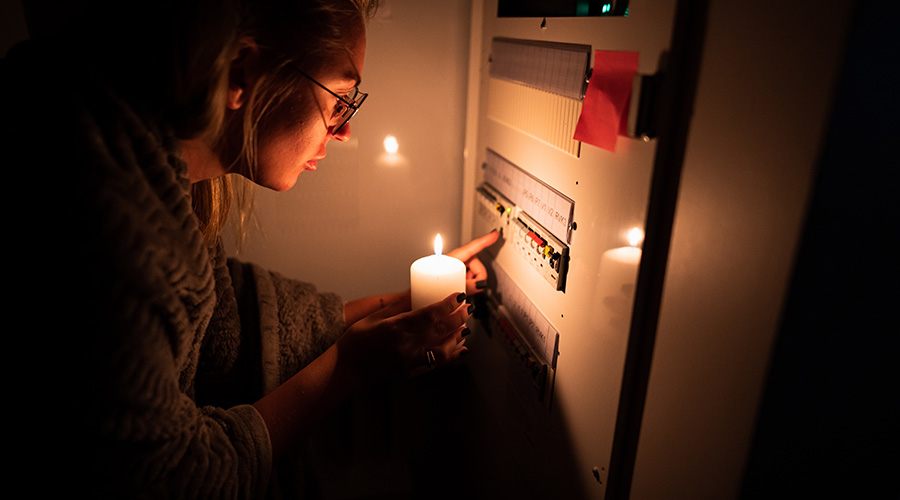June 21 marked the first day of summer, but areas across North America have been feeling the heat for months. Canadian wildfire season started earlier than normal, blanketing more than a dozen U.S. states in smoke. The Midwest is experiencing drought conditions from an abnormally dry spring, and a heatwave is bringing alarming weather patterns to the South.
Climate change is causing more severe weather events outside of their typical environments. Facility managers in hospitals and other healthcare facilities need to be prepared for the changes their regions are seeing regardless of where they’re located. All healthcare facilities need to prepare strategically for emergencies, but rural facilities need to take several considerations into account that more urban and suburban facilities might not.
Prepare for a patient surge
Rural hospitals are designed to support rural communities’ smaller populations. While this approach makes sense for everyday operations, a natural disaster or weather emergency can create a rapid surge in patients, which can impact the quality of care.
As noted by the Rural Health Information Hub, “Depending on the emergency, healthcare providers may be unable to provide the usual standard of care. Rather, they may shift to a ‘sufficiency-of-care mode’ with a focus on saving as many lives as possible.” It is important for rural healthcare facilities to accommodate higher patient surges because they might be the only facility within reasonable travel time for impacted patients.
This step includes preparing to treat trauma. About 29.7 million Americans lacked access to trauma care within a 60-minute radius, according to a 2017 study, and rurality was associated with significantly lower access to that care. Another study found that “rural residents are significantly more likely than non-rural residents to die following traumatic injury.”
In the event of a tornado, hurricane or other mass casualty incident, facilities might see a surge in patients and more severe injuries. As weather patterns shift into new geographic regions, managers need to understand the associated risk levels and prepare accordingly.
Provide shelter
Another reason it is vital that rural hospitals continue to operate in severe weather or emergencies is to provide shelter. If a power grid goes down due to severe winds or ice, a hospital’s generators could mean it is the only facility in a significant radius that can provide shelter, heat or cooling for the community.
During a heatwave in particular, people who do not have access to air conditioning or shelter will be more affected, and many of these individuals will present to acute care facilities with severe chronic disease comorbidities.
People with air conditioning also play a role in a hospital’s ability to provide care. As the heat levels rise, people tend to turn their A/C lower to compensate. This increase places a strain on the power grid, which can cause unplanned power outages or lead to utility companies needing to institute rolling blackouts.
Hospitals are not exempt from rolling blackouts. Facility generators do not replace all a facility’s lost power. Generators power life-saving operations, such as lights and medical devices, but not HVAC systems. Even if a facility is technically able to provide care, managers still must prepare to evacuate due to heat or cold.
Consider long-term needs
The impact of a natural disaster extends far beyond what television crews document. Pending the scale of the damage, community members will experience long-term effects from losing their homes to aggravated chronic illnesses.
Continuity of care is key. Healthcare systems need to regularly communicate the healthcare options they can provide to neighboring communities, whether that is telehealth, a crisis communications process routed through national partners or a long-term cooling shelter.
Natural disasters can strike at any time. Climate change is making that truer now than ever. Managers in healthcare facilities in rural areas across the country must prepare to handle emergencies by developing emergency plans that keep the doors open and aid their communities when residents need them the most.
Scott Cormier is the vice president of emergency management and environment of care and safety at Medxcel, specializing in facilities management, safety, environment of care, and emergency management and provides healthcare service support products and drives in-house capabilities, savings and efficiencies for healthcare organizations that improve the overall healing environment for patients and staff.

 Building Sustainable Healthcare for an Aging Population
Building Sustainable Healthcare for an Aging Population Froedtert ThedaCare Announces Opening of ThedaCare Medical Center-Oshkosh
Froedtert ThedaCare Announces Opening of ThedaCare Medical Center-Oshkosh Touchmark Acquires The Hacienda at Georgetown Senior Living Facility
Touchmark Acquires The Hacienda at Georgetown Senior Living Facility Contaminants Under Foot: A Closer Look at Patient Room Floors
Contaminants Under Foot: A Closer Look at Patient Room Floors Power Outages Largely Driven by Extreme Weather Events
Power Outages Largely Driven by Extreme Weather Events